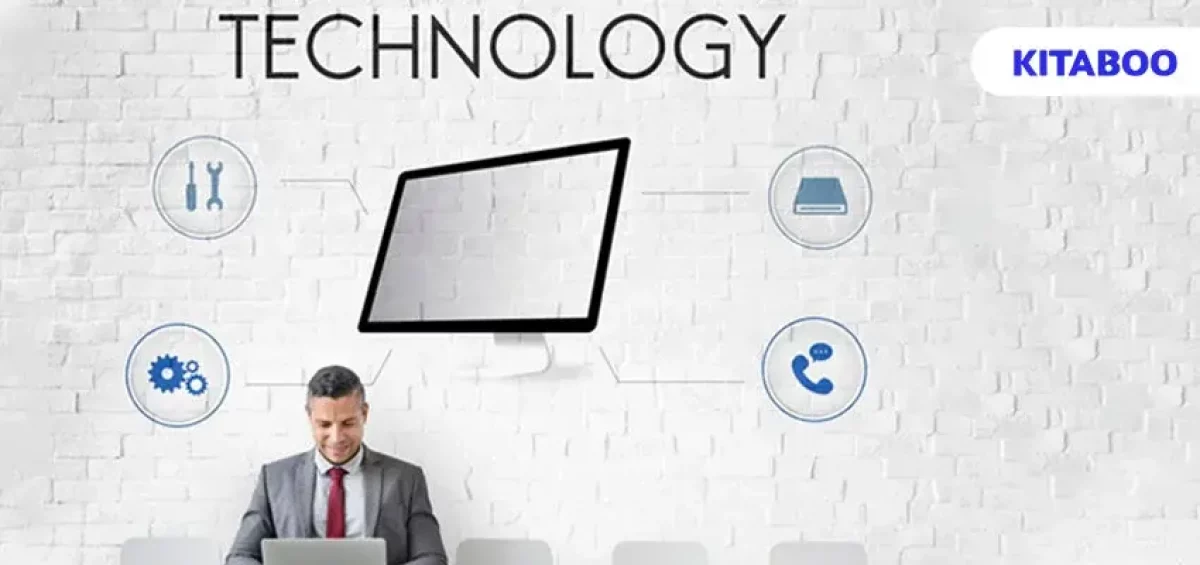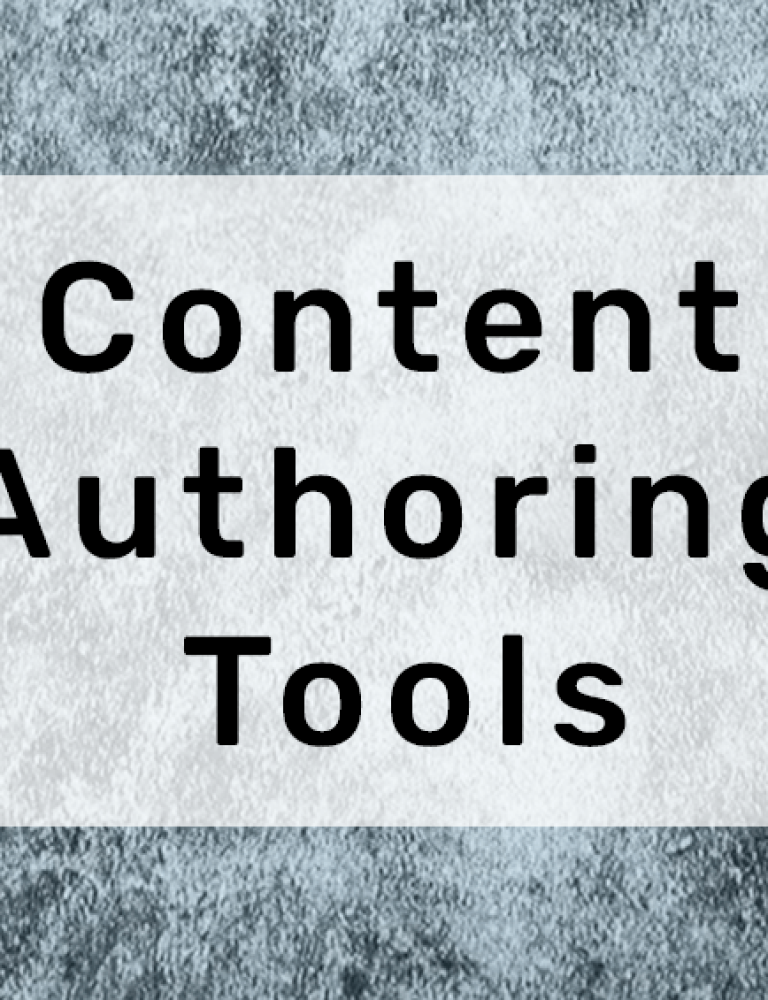The product development process involves conceiving, designing, testing, and refining a product to meet the expected needs of the consumers. From research to prototyping to marketing, it involves a series of phases that ensure its successful launch and utility.
Technology managers play a critical role in determining the relevance and potential of emerging technologies that impact product development. Starting with the assessment of required technologies, they need to manage resources, assess budgets, identify risks, implement quality, and stay agile and adaptable in the technology market.
The essence of product development tools and strategies lies in creating a dynamic, efficient, and adaptive environment that enables technology managers and their teams to innovate, collaborate, and deliver successful products.
In this post, we cover 7 must-have tools that can elevate the success of tech managers in the product development landscape. Read on!
Table of Contents:
I. Factors to Consider Before Choosing the Right Resources for Product Development
II. 7 Must-Have Product Development Tools that Empower Tech Managers to Ensure Product Success
- Project Management Tools and Software
- Cloud Services
- Cross-Functional Teams
- Agile Methodology
- Strategic Partnerships
- Data Analytics
- Online Learning Platforms
III. Conclusion
Factors to Consider Before Choosing the Right Resources for Product Development
Below are the major factors that tech managers should carefully consider before choosing the right resources for product development:
- They need to build a network of industry partnerships and collaboration opportunities, especially with stakeholders, to ensure a successful product development cycle.
- They must follow regulatory compliances stringently and ensure that the resources applied adhere to the industry standards, sustainability requirements, and legal and safety norms.
- They need to create effective teams and strengthen their expertise with continuous training and development programs to help them stay up-to-date with the latest technologies and methodologies that are relevant to product development.
- They must ensure that the digital infrastructure and IT facilities and infrastructure are well-equipped to support the development, testing, and refinement of products.
- They need to conduct thorough research, use consumer feedback, and use data analytics to provide valuable insights into market trends, user needs, and product requirements.
- They need access to cutting-edge technologies, software tools, and project management tools for efficient product development.
To discover key aspects of valuable resources that tech managers can use, check out the availability of digital textbook platforms like KITABOO, where expert guidance, assistance, and key resources can be accessed for product development.
7 Must-Have Product Development Tools that Empower Tech Managers to Ensure Product Success
Product development in the K-12 sector involves creating educational tools and resources tailored to the needs of students, teachers, and administrators.
To ensure product success, tech managers in this sector can benefit from a range of tools. Here are seven must-have product development tools for tech managers in K-12 education:
1. Project Management Tools and Software
This is the biggest and most prominent resource that every tech manager needs. Some of the essential ones are:
- Project management tools and software that facilitate collaboration and track development progress, version control, and continuous deployment.
- Tools that enable visual project management create user interfaces and combine design and prototyping tools.
- Software to enable collaboration and team communication
- Web analytics and data analytics resources to enable data-driven decision-making
- Software that helps in analyzing user behavior, testing websites and apps, and gathering relevant feedback
- A collaboration tool to create, share, and manage content
- Product road mapping software
- An open-source bug tracker that can help identify and fix technical crashes.
These tools collectively empower tech managers in the K-12 sector to efficiently manage projects, collaborate with teams, analyze data, and ensure the successful development of educational products. Choosing the right combination of tools based on the specific needs of the project is crucial for streamlined and effective product development.
2. Cloud Services
To ensure scalability and efficiency in product development, tech managers must have access to cloud storage, database, machine learning, and integration with other services like blockchain and data analytics.
These services should be well-aligned and integrated with the organizational platforms. Some of the most essential ones are:
- Storage services
- ML and AI services
- Services like AWS IAM (Identity and Access Management)
- Monitoring and Logging services
- Networking services
- SaaS (Software as a Service), PaaS (Platform as a Service), and IaaS (Information as a Service) are other key requirements.
In the K-12 sector, using cloud services is crucial for enhancing scalability, efficiency, and accessibility in product development.
3. Cross-Functional Teams
Cross-functional teams play a critical role in helping tech managers develop products. Tech managers depend on cross-functional teams for the following reasons:
- Diverse skill sets in design, development, marketing, testing, and management of products. This diversity helps leaders solve complex problems throughout the process.
- These teams allow for faster problem-solving, immense brainstorming, quick decision-making, and adaptation to changing requirements.
- Such teams encourage creativity and innovation by generating new ideas and leading to more user-centric product solutions.
- Having cross-functional teams gives leaders the benefit of understanding user needs and expectations, as many roles within these teams are consumer-facing, in marketing, or customer support.
4. Agile Methodology
It is significant for tech managers and leaders to apply a flexible approach to product development using the Agile framework. This includes working on prioritization of user needs, flexibility to change, and gaining constant feedback to learn and improve. It includes adaptive planning, making short-term plans, and using software and different frameworks to manage work in progress.
5. Strategic Partnerships
Tech managers need to collaborate with research institutions to access cutting-edge research, collaborate on projects, and potentially recruit talent.
Furthermore, they can:
- Seek guidance from technology consultancies and advisory services to get expert insights, conduct technology audits, and receive recommendations for improvement.
- Form industry partnerships that can mutually benefit each other and open up new opportunities and markets for both.
- User, consumer, and stakeholder partnership is key in assuring success in product development.
6. Data Analytics
This is a valuable resource for tech managers that plays a crucial role in making informed decisions and optimizing product development processes. This includes:
- Analyzing how users interact with the product and insights into usage, patterns, and popularity of the product.
- Using data to segment consumers based on behaviors, demographics, requirements, and preferences
- A/B Testing to allow tech managers to experiment with different versions or various features of products
- Predictive Analysis to anticipate future trends, potential issues, or user needs.
- Track user interactions through conversion funnels
- Analyze user feedback, social media reviews, and consumer sentiment.
- Monitor the performance of the products and analyze data related to competitors’ products and market share.
- A cost-benefit analysis is associated with different features or strategies that prioritize efforts and allocate product development tools effectively.
In the K-12 sector, the focus should be on not only improving the technological aspects of educational products but also enhancing the overall learning experience for students.
In this regard, leveraging digital textbook platforms like KITABOO can significantly contribute to enhancing the overall learning experience for students. It offers a range of benefits that cater to the diverse needs of students, educators, and the educational ecosystem as a whole.
7. Online Learning Platforms
Several online learning platforms offer valuable resources and services to help tech managers enhance their skills and stay updated on best practices in product development.
Partnering with digital textbook platforms like KITABOO can help tech managers with a wide range of specializations, innovative measures, and various aspects of product development and project management.
Such collaborations help tech managers with UX design, leadership, IT operations, and diverse topics. Invest in UX research resources and tools to understand user behavior, preferences, and pain points, contributing to better product design.
Conclusion
Technology managers can benefit from a combination of product development tools and platforms to effectively streamline product development processes. By strategically utilizing these resources, technology managers can create an environment that encourages innovation, continuous learning, and efficient product development processes.
In this regard, tech managers can collaborate with digital textbook platforms like KITABOO to further enhance the educational landscape in the K-12 sector.
Write to us at KITABOO@hurix.com for more details!
Discover How An Ebook Conversion, Publishing & Distribution Platform Can Help You
Kitaboo is a cloud-based content platform to create-publish & securely distribute interactive mobile-ready ebooks.
You May Also Like







